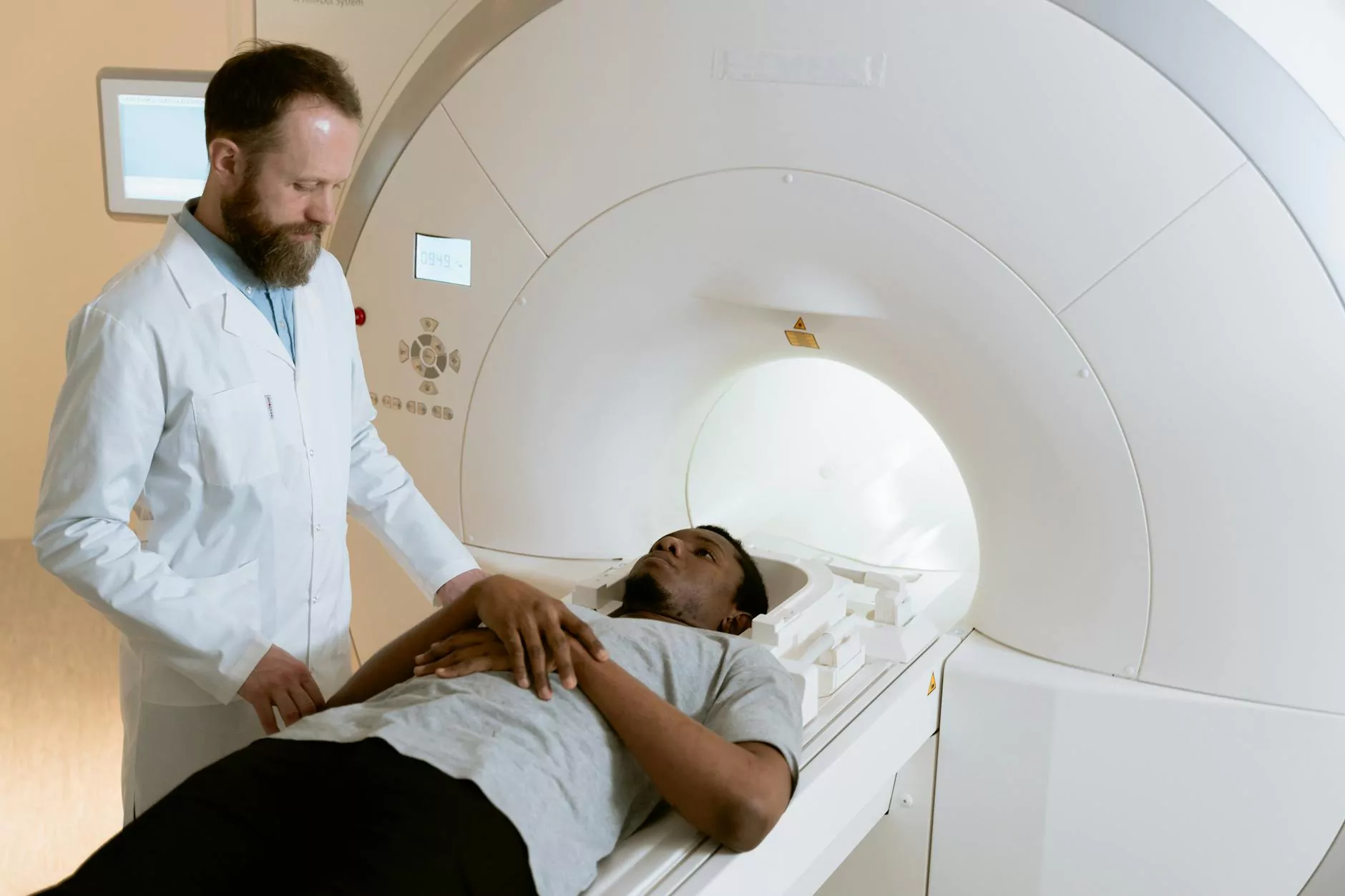The Impact of MRI Services on Modern Healthcare

MRI services are an integral part of today’s healthcare landscape, providing critical insights into the human body through advanced imaging technology. With their non-invasive nature and high-quality output, MRI scans have established themselves as essential tools in diagnostic medicine.
Understanding MRI Technology
Magnetic Resonance Imaging (MRI) utilizes powerful magnets and radio waves to produce detailed images of organs, tissues, and other internal structures. This technology enables healthcare professionals to diagnose various medical conditions effectively and formulate appropriate treatment plans.
The Science Behind MRI
The core principle of MRI is based on the behavior of hydrogen atoms in a magnetic field. As a patient undergoes an MRI scan, the magnetic field aligns the hydrogen atoms in the body. Radiofrequency pulses are then applied, causing these atoms to emit signals. The MRI machine captures these signals and processes them to create detailed images of the internal structures.
Advantages of MRI Services
The advantages of using MRI services are numerous:
- Non-invasive: Unlike surgical procedures, MRI scans do not require incisions, eliminating associated risks and recovery time.
- No ionizing radiation: MRI does not utilize ionizing radiation, making it a safer alternative compared to CT scans and X-rays.
- Highly detailed images: MRI offers exceptional contrast between different soft tissues, allowing for accurate diagnoses of various conditions.
- Versatility: MRI is capable of imaging almost any part of the body, including the brain, spinal cord, muscles, joints, and organs.
- Functional imaging: Advanced MRI techniques can assess blood flow and other physiological functions, providing additional insights into health conditions.
Applications of MRI Services in Healthcare
MRI services have a wide array of applications across various medical fields:
Neurology
In neurology, MRI is indispensable for detecting brain tumors, strokes, and other neurological disorders. It provides detailed images of the brain's structure, helping doctors make informed decisions about treatment.
Oncology
For oncology, MRI plays a crucial role in tumor detection, staging, and treatment planning. It helps in assessing the tumor's size, location, and impact on surrounding tissues.
Orthopedics
Orthopedic specialists rely on MRI services to evaluate injuries to bones and soft tissues. This includes diagnosing tears in ligaments or cartilage, and assessing conditions like arthritis.
The Process of an MRI Scan
Understanding the process of receiving an MRI scan can alleviate patient anxiety. Here’s a breakdown:
Preparation
Prior to the scan, patients are typically advised to remove any metal objects, including jewelry and clothing with metal fastenings, to prevent interference with the magnetic field. Patients should inform their healthcare provider of any medical implants, such as pacemakers, which may affect the procedure.
The Scanning Procedure
During the scan, the patient lies on a movable table that slides into the MRI machine, which resembles a large tube. The scanner produces a series of loud tapping and thumping noises, which are normal. Patients are required to remain as still as possible to ensure clear images. The procedure usually takes between 15 to 60 minutes, depending on the area being scanned.
Post-Scan
After the MRI, patients can typically resume normal activities immediately, as there are no side effects or recovery time needed. The images are analyzed by a radiologist, who will prepare a report for the referring physician.
Technological Advancements in MRI Services
The field of MRI technology is continually advancing, enhancing not only the quality of imaging but also the efficiency of procedures. Some notable advancements include:
Functional MRI (fMRI)
Functional MRI assesses brain activity by detecting changes in blood flow, allowing researchers to understand brain function and its relationship to specific tasks.
Diffusion Tensor Imaging (DTI)
DTI is a type of MRI that maps the diffusion of water molecules in tissue, making it invaluable for studying white matter in the brain, helping in the diagnosis of conditions such as multiple sclerosis.
3D Imaging
The evolution of 3D MRI imaging provides a more comprehensive view of complex structures, aiding surgeons in planning procedures with enhanced precision.
Choosing the Right MRI Service Provider
Selecting the right provider for MRI services is crucial for receiving appropriate care. Here are some tips to consider:
Accreditation and Technology
Ensure that the facility is accredited and equipped with modern MRI machines. Advanced technology often correlates with better image quality and patient comfort.
Expertise of Staff
Look for facilities with experienced radiologists and technicians, as their expertise plays a vital role in the accuracy of diagnoses.
Patient Comfort
Consider patient comfort factors such as the facility's environment, wait times, and availability of sedation options for claustrophobic patients.
The Future of MRI Services
The future of MRI services is bright, with ongoing research and development paving the way for even more advanced imaging techniques. Innovations such as artificial intelligence (AI) are being integrated into diagnostic processes to enhance accuracy and reduce human error. Furthermore, portable and even more efficient MRI machines are in development, promising greater accessibility for patients worldwide.
Conclusion
MRI services are a cornerstone of modern diagnostic medicine, offering unparalleled insights into the human body. Their continued evolution promises even greater advancements in patient care, making it essential for healthcare providers to stay updated on the latest technologies and practices in the field. By choosing a reputable provider like Echo Magnet Services, patients can ensure they receive the highest quality MRI services available.



